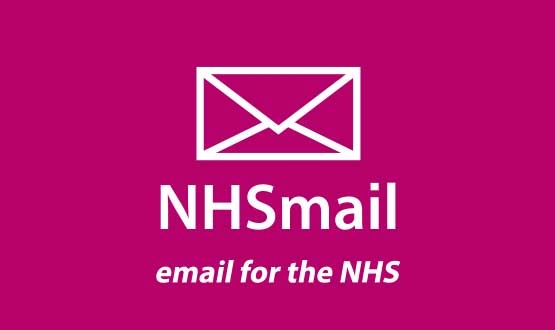Community pharmacies targeted in NHSmail drive
- 16 January 2017

Community pharmacies are being pushed to switch to NHSmail or miss out on a £75 million incentive-based funding pot.
In a statement to Digital Health News, NHS Digital said there would “a phased approach” to allocating community pharmacies NHSmail accounts this year, “with the intention that there is national coverage during 2017”.
By 1 February this year, pharmacies that want to be eligible for the government’s new Quality Payment scheme will have had to apply for a shared NHSmail account.
Having an NHSmail account is one of four “gateway” requirements for the £75 million scheme designed to reward improved performance, along with e-prescribing, an up-to-date NHS Choices entry, and provision of at least one advanced service.
While nearly all community pharmacies use e-prescribing, far fewer have an NHSmail accounts. NHSmail has been available to community pharmacies since 2008 but the uptake hasn’t matched the core NHS.
Overall, across England, Scotland and Wales there are 1.2 million NHSmail accounts.
NHS Digital was unable to provide a figure for how many pharmacies are already on NHSmail, but in September last year the organisation told Digital Health News that it wanted to expand the coverage in pharmacies.
Attaching an account as a condition to accessing incentive payment will likely help increase uptake, with the Pharmaceutical Services Negotiating Committee (PSNC) also recommending all pharmacies sign-up.
NHS England’s head of community pharmacy, Anne Joshua, said that having an NHSmail account was an important requirement for securely transmitting sensitive patient information.
Including NHSmail as a gateway requirement was also an opportunity to encourage better integration of community pharmacies with the NHS, she said.
“We are very keen on how we can integrate community pharmacy with the wider NHS, and one of the challenges is how can we share information appropriately.”
Eventually, the goal is to move to an interoperable messaging service but NHSmail was the best secure platform for now, she said.
The requirement, along with other aspects of the Quality Payment scheme, would be reviewed in a year but so far, the response from pharmacists had been positive, she said.
“Community pharmacy contractors do want to integrate and see this as a step forward.”
While professional pharmacies bodies, such as the PSNC, have been “in principle” supportive of the Quality Payment scheme, it comes against a background of shrinking funding for the sector.
In a statement provided to Digital Health News, the PSNC said it was “concerned that the way the scheme is being implemented, as part of the imposition of funding reductions on contractors, means that it will put additional demands on contractors without additional funding being made available”.
The government reduced funding for community pharmacies from £2.8bn to £2.63b in 2016/17, a cut of more than 6%.
An NHSmail account is also a requirement for the NHS Urgent Medicine Supply Advanced Service pilot which started in December. The pilot is testing referring patient that call NHS 111 directly to a pharmacy rather than via a GP.




